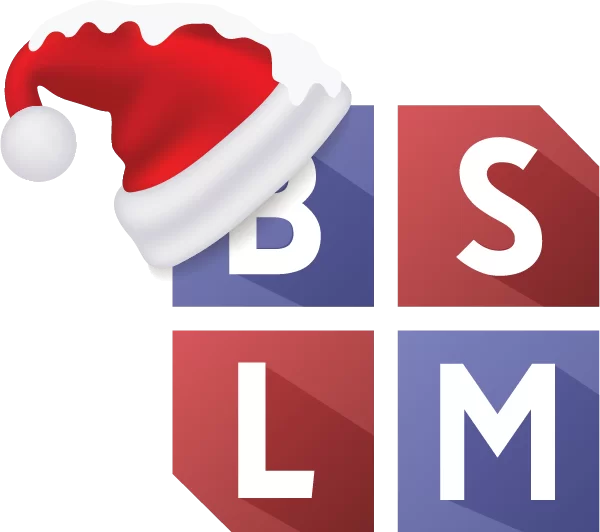
OTHM Level 7 Diploma in Accounting and Finance (RQF)
£990 £690 Limited Time Offer Monthly instalment plans are available. Awarding body fee of £300 is payable by the learner to the awarding organisation within
Wishing You Joy this Holiday Season

Use code “NEWYEAR25” at checkout to get an additional 18% off
Are you good with numbers? Want a salaried job? Or are you seeking a stable, rewarding career path? Then accounting might be the right and ideal position for you. Whether you want to become a public, personal or management accountant, this field offers fulfilling opportunities.
Simply put, as an accountant, your primary role will include keeping track of the company’s transactions, monitoring cash flow, preparing income statements, balancing financial sheets and maintaining financial records.
Regardless of the path or specialisation you choose, the field of accountancy comes with its own set of requirements. As long as you know the answer to questions like which sector you want to work in and what areas of accountancy best match your interests and preferences, the degree is ideal for you.

It is safe to say that there is no one-size-fits-all approach to becoming an accountant; most people choose to become an accountant after a data science or business degree; and if you are one of them then this blog post is for you:
For beginners, the minimum and standard requirement to become an accountant is to get a bachelor’s degree in accounting. In doing so, you will be equipped with the required knowledge and in-depth understanding of the fundamentals of accountancy.
For instance, you will learn the concept of GAAP in accounting after studying courses like auditing, financial information systems, accounting or business fundamentals.
There are many qualifications and routes you can train as an accountant:
Another qualification you can take to become an accountant is Associate Chartered Accountant (ACA) offered by the Institute of Chartered Accountants in England & Wales (ICAEW). However, ACA takes three to five years to complete and you can gain the required experience through training with an employer concurrently with the ACA program.
While ACCA and ACA qualifications are considered higher education qualifications, AAT is a technician-level qualification. However, all these qualifications can help you become a qualified accountant.
Both CPAs and accountants play important roles in the field.
However, CPAs have additional qualifications that allow them to perform a wider range of services, including audits and representing clients before the IRS.
This can lead to more complex work and potentially higher earning potential. Regular accountants can also work with multiple clients in accounting firms, though the scope of their responsibilities may vary.

Contrary to popular belief, accountants do much more than just track transactions and cash flow. However, that is not entirely true, they play an essential role in shaping a company’s future by keeping an eye on past transactions and records, and then making an informed decision accordingly.
You need the following skills to become a successful accountant:
Though you need these basic skills to become an accountant, you might be wondering what your day-to-day activities would be as an accountant. Here is a hint: it’s more than just tracking and maintaining the financial records of an organisation.

Depending on your position, your roles and responsibilities may differ. However, there are some responsibilities that an accountant must fulfil:
Accounting is a stable and rewarding career path with clear requirements. You’ll need a bachelor’s degree in accounting, but there are also technician-level qualifications you can consider. The most important qualities are strong math skills, meticulous attention to detail, and the ability to communicate complex financial information. If you enjoy working with numbers and have a knack for organization, then accounting could be a great fit for you.

£990 £690 Limited Time Offer Monthly instalment plans are available. Awarding body fee of £300 is payable by the learner to the awarding organisation within

£990 Monthly instalment plans are available. Awarding body fee of £300 is payable by the learner to the awarding organisation within 14 days of starting

£990 Monthly instalment plans are available. Awarding body fee of £250 is payable by the learner to the awarding organisation within 14 days of starting
